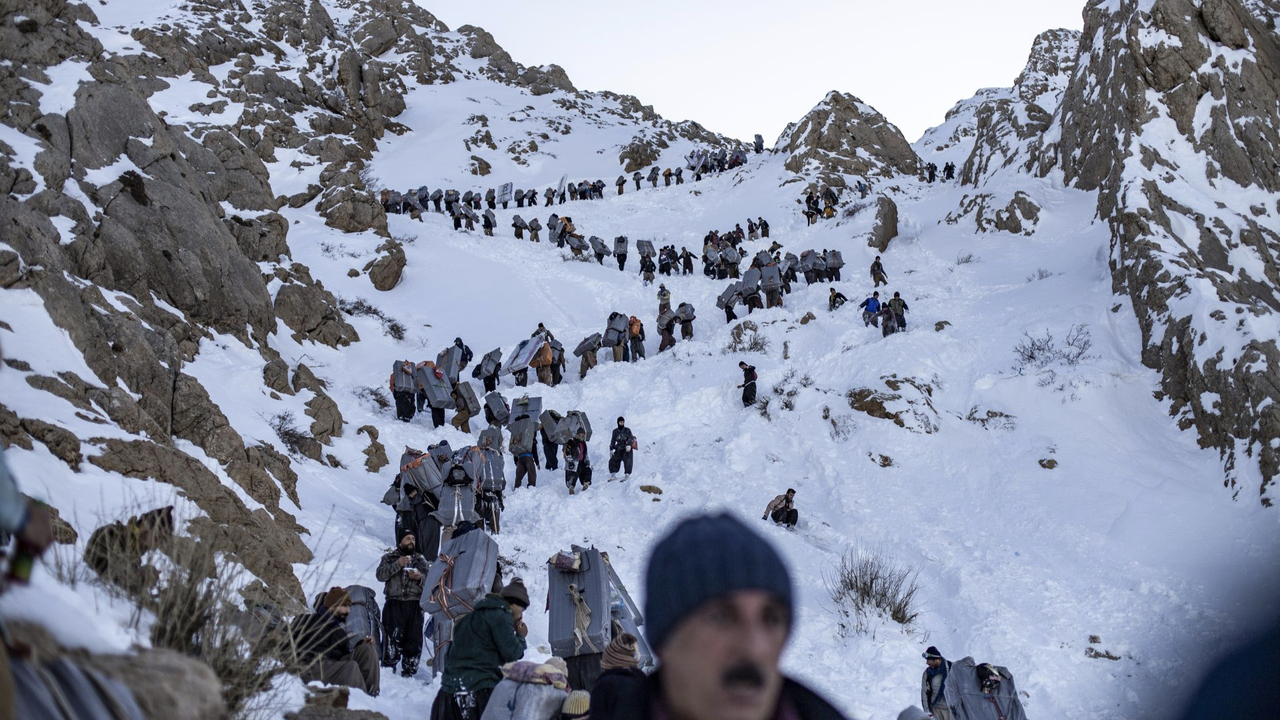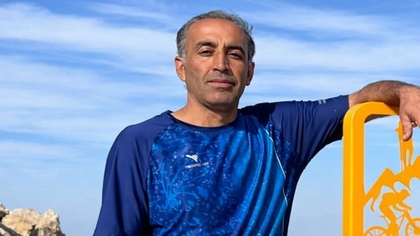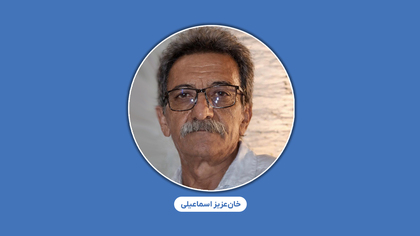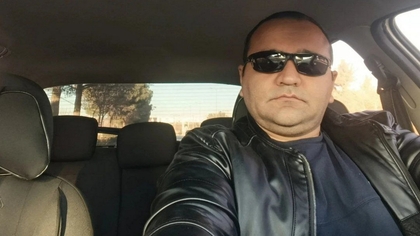The killing and wounding of 341 Kolbars (porters) in 2023/ 22 porters were under 18 years old

According to the statistics recorded by the Kurdish Human Rights Organization, 341 Kolbar (porters) were killed and wounded in 2023, of which 22 were under 18 years old.
Killed: 32 cases
Injured: 307 cases
Missing: 2 cases
General overview;
87% of these Kolbars (porters) were killed and wounded by direct fire from the Islamic Republic's military forces.
4% of Kolbars (porters) were injured as a result of beating by the military forces.
Killing and wounding as a result of falling from a height and mine explosion are respectively ranked third and fourth with 3.5% and 1.5%.
Killing and wounding as a result of frostbite, cardiac arrest, falling from a height, and missing are each less or more than one percent of this statistic.
In these cases, 16 Kolbars were killed and wounded on the roads and on the way to portering as a result of a car accident (3 killed and 13 wounded).
How Kolbars (porters) were killed and wounded:
Direct fire by Iranian military forces: 297 cases
Beating by military forces: 16 cases
Fire by Iraqi military forces; 1 case
Falling from a height: 12 cases
Mine explosion: 5 cases
Frostbite and getting stuck in snow and blizzard: 3 cases
Cardiac arrest while portering; 2 cases
Falling into the river while portering: 2 cases
Missing: 2 cases
Deliberately being run over by a military vehicle: 1 case
The most border areas of Kolbar (porter) killings:
Baneh border areas in Kurdistan province with 49% have the most Kolbar victims.
In the second row, the border areas of Nousoud in Kermanshah province with 32% of the Kolbar victims are located.
Investigating the high number of killings and injuries of Kolbars in the border areas of Nousoud and Baneh
Nousoud border areas;
Previously, an informed source had told Kurdpa about the mass killing of Kolbars on the Nousoud border: "In the past months, the Nousoud border, which was a bit freer before and Kolbars could commute, has been closed, and also many Kolbars from the cities of Ilam, Sar Pol-e Zahab, Javanrood, Salas-e Babajani, Ravansar, and Kermanshah come to the city of Paveh and the Nousoud border for portering and this has caused a large number of Kolbars on this border."
Baneh border areas; from the reasons for the increase of Kolbars to the government policies leading to the increase of Kolbar killings on the borders
An informed source told Kurdpa about the Baneh border, the traffic in this border area, and the increase in the number of Kolbars, saying that imports have always existed on the Baneh border and sometimes the borders of this area have been more or less open, but in recent years and especially since 2016, the border areas of Baneh and the large market of Baneh, which even had customers from large cities of Iran, lost their boom following the government's policies.
The source cited the main reasons for the increase in portering as the economic crisis, inflation, high prices, and the inability of people to provide for their livelihoods and admitted that many people are forced to resort to portering. Some people have also chosen portering as a second job because they have faced many problems in providing for their living expenses. Even a large number of students have dropped out of school and turned to porter, they cited their reason as the lack of a future and a clear destiny from continuing their education in the country.
The source said another reason for the increase in the number of Kolbars on the Baneh border is the openness of this border as the only open border in Kurdistan province. He says most of the Kolbars are not from Baneh and are from the cities of Sardasht, Piranshahr, Bokan, Mahabad, Divandareh, and Kermanshah, and among them Persian citizens from the cities of Qazvin and Zanjan have turned to Kolbar. Even some Afghans have been involved in portering.
This statistic is published based on the cases recorded in the statistics center of the Kurdish Human Rights Organization and perhaps the actual statistic could be more than this.
Edited by: Awin Mostafazadeh



